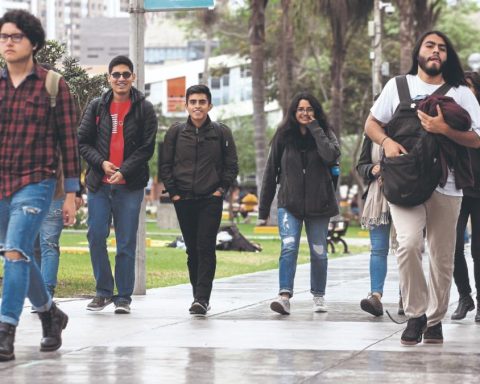This Friday morning, Executive Decree No. 215 of September 1, 2022 of the Ministry of the Presidency “Creating the Citizen Commission Against Corruption, establishing its composition and operating scheme” was promulgated in the Official Gazette.
The measure that comes into force as of this promulgation, creates in its article 1, the Citizen Commission Against Corruption, as an expression of citizen participation in the fight against corruption, under the coordination of the National Authority for Transparency and Access at the information.
Among the “considering” the decree mentions that through Law 42 of July 1, 1998, Panama, as a member of the Organization of American States, approved the Inter-American Convention on Corruption, signed in Caracas, Venezuela, on 29 of March 1996, which provides that the States agree to consider in their respective institutional systems the application of measures designed to create mechanisms to encourage the participation of civil society and non-governmental organizations in efforts to prevent and combat corruption .
It adds that the United Nations Convention against Corruption, approved by Law 15 of May 10, 2005, establishes that each State Party shall adopt measures to encourage the active participation of persons and groups that do not belong to the public sector, such as society civil society, non-governmental organizations and community-based organizations, in the prevention and fight against corruption, and to sensitize public opinion regarding the existence, causes and seriousness of this social scourge.
Consequently, in its second article, the Decree establishes that this commission will be made up of two representatives of the Bastion of Struggle of Eastern Chirican, the Ngäbe Bugle People and Peasants; two representatives of the United People for Life Alliance and two representatives of the National Alliance for the Rights of Organized Peoples, with a substitute for each one, who will replace him in his temporary absences, who will be designated in the same way as his Headlines.
This regulation indicates that the members of the commission, including their respective alternates, will be appointed by the Executive Branch at the proposal of their respective social organizations, for periods of two years, and may be re-elected.
Based on law in the Political Constitution of the Republic; Law 42 of July 1, 1998, Law 6 of 2002, Law 15 of May 10, 2005 and Law 33 of 2013, the Decree determines that the commission will perform functions within the framework provided by Law 42 of July 1, 1998 and subject to Law 33 of 2013, such as presenting possible cases of corruption in public entities, so that the competent authority conducts investigations within the framework of its powers.
Also, you can file complaints with the Public Ministry, Special Prosecutors or other corresponding instances, for the commission of possible punishable acts against the public administration; promote the search, reception, publication and dissemination of information related to corruption; coordinate citizen participation in a responsible manner in government management; render to the country reports of the actions and results obtained from its management; and dictate its internal operating regulations.
The National Government, in order to strengthen its permanent policies against corruption and in response to the interest of civil society in participating in the fight against this scourge, considers it necessary and urgent to promote its action, in the form of citizen participation, under the coordination of the National Authority for Transparency and Access to Information, which is the government entity legally responsible for this matter.
The document signed by the President of the Republic Laurentino Cortizo Cohen and the Vice President José Gabriel Carrizo Jaén, establishes that the commission may not act in processes that take place within the Justice Administration system, in those that are the exclusive competence of the Authority National Transparency and Access to Information or those that are brought before the accounting jurisdiction.











